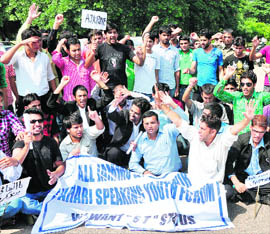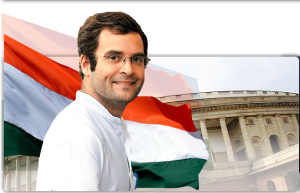Nayeem Khan
The word “Pahari” literally means one living in hills or in the mountains. But the word has gradually evolved to refer only to people who speak a language named the same – Pahari. In Kashmir, the majority of Paharis reside far away from main towns of Uri, Boniyar, Karnah, Keran, Poonch, Rajouri, Jumagand, Macchil, Larridora Chandoosa and so on.
Paharis live just like how the Gujjars or the nomadic Bakerwals or shepherds do; their children study in the same school and all of them face the same hardships in daily life. But due to these similarities, they have gradually come to be identified as Gujjars and Bakerwals, which it is not.
What’s unfair, however, is that the other two communities enjoy the benefits of the Scheduled Tribe (ST) status while the Paharis are still denied it.
It was in 1989 that the J&K government recommended to the Union Government to grant ST status to the Paharis and Gujjars-Bakarwals besides five other communities: Argone of Leh, Sheena Dard, Gaddi, Sippi and Balti. The Paharis figured at the top of the list. But all the six communities were awarded this status except the Paharis.
This is enough to understand the discriminatory and selective functioning of the government. Is it fair that one community enjoys “extra” rights while the other, living in the same manner and facing the same hardships in life, is being discriminated against and denied benefits? This is a big question for our government pretending to promote equal rights for people.
According to the census conducted by Jammu and Kashmir Pahari Cultural and welfare forum, Paharis constitute the second largest population of the state: around 22 per cent at 23.5 lakh people. But they have lost their identity.
Some count them with Gujjars or Bakarwals, while for others they are simply non-locals. Most are not aware that this community exists. What have they done to deserve this? Don’t these deserve a right to be counted for their status in real sense? When all the other communities are identified as tribals and have been given due benefits to alleviate hardships which arise from living in remote areas, why has this community been left to the dogs?
A special status to a particular community is for their development in addition to preserve their culture. But Paharis, despite qualifying all the requirements for Scheduled Tribe status, are kept far from their basic right. Who is enjoying these rights on their behalf? The government can’t avoid this concern for long. It has to answer, and answer soon!
(The author is a Delhi-based journalist. Views are personal)
(Feedback: [email protected])












